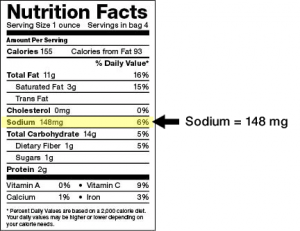Healthy Eating
Is there a special diet for all people with CHD?
In general, the goal is the same as for other people: Eat healthy food and stay at a healthy body weight.
Healthy eating
Focus on brightly-coloured fresh or frozen fruits and vegetables all year round. These are like natural multi-vitamins; they add vitamins, minerals, antioxidants, fibre and other important nutrients that are only found in foods. Try to include an orange and dark green vegetable every day.
Get your calcium and vitamin D every day by choosing low fat dairy foods. Yogurt drinks and whole fruit make great portable snacks.
Whenever you can, choose whole grains. These add fibre, protein and vitamins to your day. Read labels on bread, pita and crackers to look for 100% whole grain. Don’t be fooled by ‘multi-grain’ – it may not mean whole grain. The first word in the ingredients list should be ‘whole’.
We recommend that people with CHD follow their national Food Guide.
The goal: Keep a healthy body weight
Most people can stay at a healthy weight if they have a well-balanced diet and get regular exercise. Being overweight can place a strain on your heart. People with CHD, therefore, should work to keep their body weight within a healthy range.
Most people can stay at a healthy weight if they have a well-balanced diet and get regular exercise. Being overweight can place a strain on your heart. People with CHD, therefore, should work to keep their body weight within a healthy range. You can check out the following websites to find more information on how to get your healthy weight:
- NIH – Assessing Your Weight and Health Risk
- CDC – Healthy Weight
- Harvard School of Public Health – Healthy Weight
Handle with care: Special advice on food & fluid restrictions
Some patients do have food and fluid restrictions. If you’re one of those people, read on. If not, you can just ignore this section.
Patients who have poor pumping chambers (ventricles) often have these special guidelines to follow:
- No added salt (avoid the salt shaker!)
- Reduced overall salt intake (by checking the salt content in food labels)
- Fluid restriction between 1.2 L to 2.0 L (as guided by your doctor or nurse)
- Smaller frequent meals rather than a big breakfast, lunch, and dinner
(1) Salt restrictions
You might be asked to limit your salt (sodium) intake to 2000mg (=2g) of sodium per day.
Salt is found naturally in some foods. However most of our salt (80 to 90%) comes from packaged foods (like take-out or frozen meals and many canned foods). Natural sodium found in vegetables and meats is not a major source of salt in your diet. But processed and packaged foods are.
Salt is a preservative, so the easiest way to cut back is to eat out less. Eat less take-out and go for fresh foods that haven’t been packaged or processed. Fresh fruit and veggies and home cooked meals are best.
If you are eating at home – avoid adding salt to you meals.
Food doesn’t have to taste salty to contain lots of salt. Reading nutrition labels is a great way to add up the sodium in packaged or canned foods. Don’t forget to look at the portion size on the label. You might eat a whole package before you realize that the information for sodium on the label is only for half the package!

This is an example of a label that might be seen at the store on the side of a package.
Here is a great website to check out the sodium in various foods as well as tips on how to manage it.
(2) Fluid restrictions
People with weak hearts can build up fluid in their lungs, stomach and legs. If this describes you, it is important to limit how much fluid you take in each day to stop fluid build-up. If you take in (usually by drinking) more fluid than what you get rid of (through peeing), it will be absorbed into your blood. The heart must then pump this extra fluid. If the heart is weak, it can’t pump all of the fluid properly and some of the fluid shifts from the blood into the lungs and other body tissues. This can cause swollen ankles and breathing problems. It can also cause you to feel out of breath and have to cough a lot. When this happens it is called heart failure because the heart is failing to keep up with having to pump all the extra fluid in your blood.
To avoid this, you will probably be asked to limit your fluid intake to 1.2 to 2.0L per day. Your doctor or nurse will let you know the amount that is right for you.
It’s not easy to keep track of your fluid intake. You may consider tracking you fluid intake on your phone and here is another way to monitor your daily fluids:
(3) Small frequent meals
The heart pumps blood to all the tissues and organs in the body. It also has to pump blood to the gut (intestine) after eating a meal. The gut digests food into small nutrients that can be absorbed by the blood. Since most people have three meals per day, the heart has to pump extra blood to the gut to pick up all these nutrients from three large meals.
If you have a weak heart (heart failure), you might have little or no appetite and large meals might tire you out. This is because the heart has to work extra hard to increase the blood supply to the gut.
If this describes you, small frequent meals are better. By nibbling all day, your gut won’t have to manage a big increase in blood supply after a large meal. For example, you could have pieces of apple when you wake up in the morning, then have a piece of low-fat cheese an hour later, then have a piece of whole wheat toast with peanut butter an hour later, then have fresh fruit…you get the picture.
This may be a change from your usual way of eating, but people get used to this ‘grazing’ style of eating.
This program was developed by:



